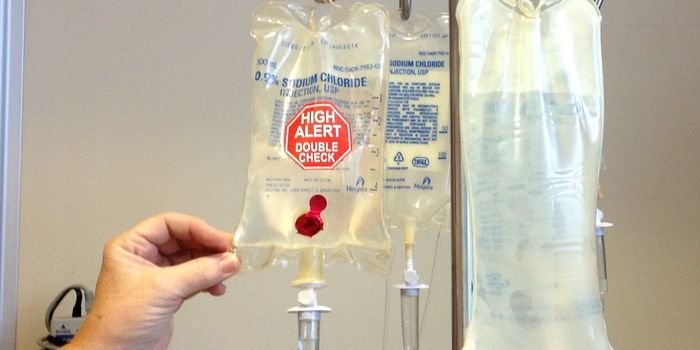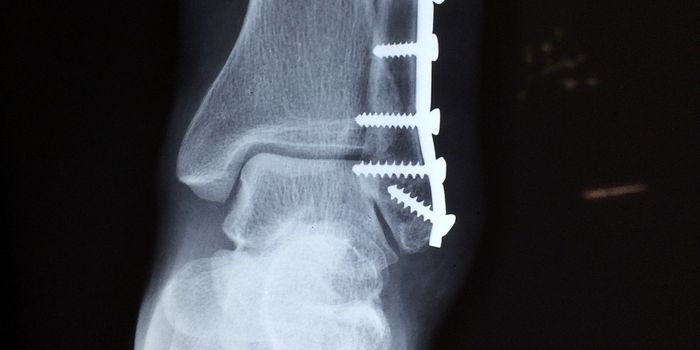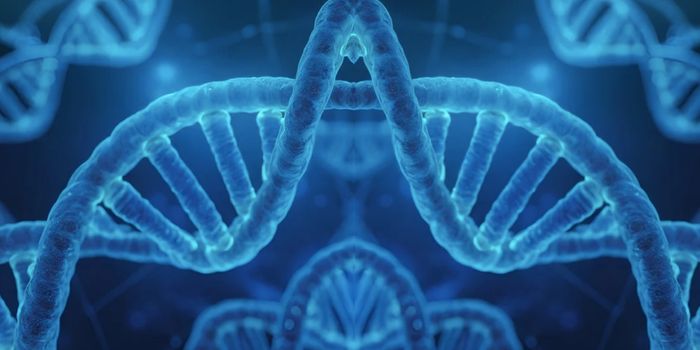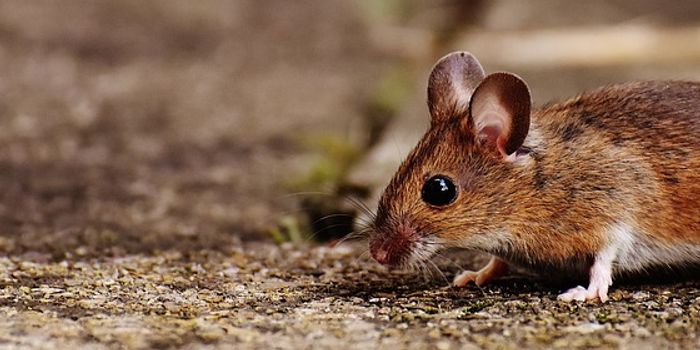Staph Bacteria can Directly Affect Neurons to Cause Itch
Scientists have discovered that a very common microbe that grows in many places, including human skin, can directly cause itchiness by affecting nerve cells. In microbial communities, balance often has to be maintained to promote good health, and good bacteria grow in ways that helps control the levels of other, nasty microbes. But this balance is often disrupted when skin disorders arise. This discovery has indicated that inflammation is not the only cause of itch, and illuminated another reason why atopic dermatitis and eczema cause itchiness. The findings have been reported in Cell.
In this work, the researchers showed that Staphylococcus aureus (also known as S. aureus or Staph) can trigger a protein found on neurons that sends signals to the brain. This bacterium is all it takes to activate a biochemical pathway that leads us to want to scratch. When mice were exposed to Staph bacteria, they started to scratch, which got worse over several days. These mice also became very sensitive to stimuli that normally would not cause irritation or itch; these animals were itchy after only light touches, for example.
"We've identified an entirely novel mechanism behind itch: the bacterium Staph aureus, which is found on almost every patient with the chronic condition atopic dermatitis. We show that itch can be caused by the microbe itself," said senior study author Isaac Chiu, an associate professor of immunology at Harvard Medical School.
A bacterial enzyme called protease V8 was found to be directly responsible for causing itch in mice. The V8 protease can activate a protein called PAR1 on neurons that are found in the skin. These neurons carry sensory signals detected in the skin like touch, pain, and itch, to the brain. PAR1 is usually inactive, but when it's exposed to certain enzymes, including V8, ia portion of PAR1 is snipped off, activating the protein. This leads the brain to sense itch.
This study also showed that immune cells that have typically been linked to itch, like basophils and mast cells, and interleukins that have been associated with allergy, did not promote itch after they were exposed to bacteria. These itch-related cells are not involved in this novel pathway.
The investigators also used a mouse model to show that the activation of the PAR1 protein could be blocked by an anti-clotting medication that has already been FDA approved, and this drug halted itchiness.
Now the researchers want to determine if there are other microbes that trigger itch, and how. "We know that many microbes, including fungi, viruses, and bacteria, are accompanied by itch but how they cause itch is not clear," Chiu said.
Sources: Harvard Medical School, Cell









